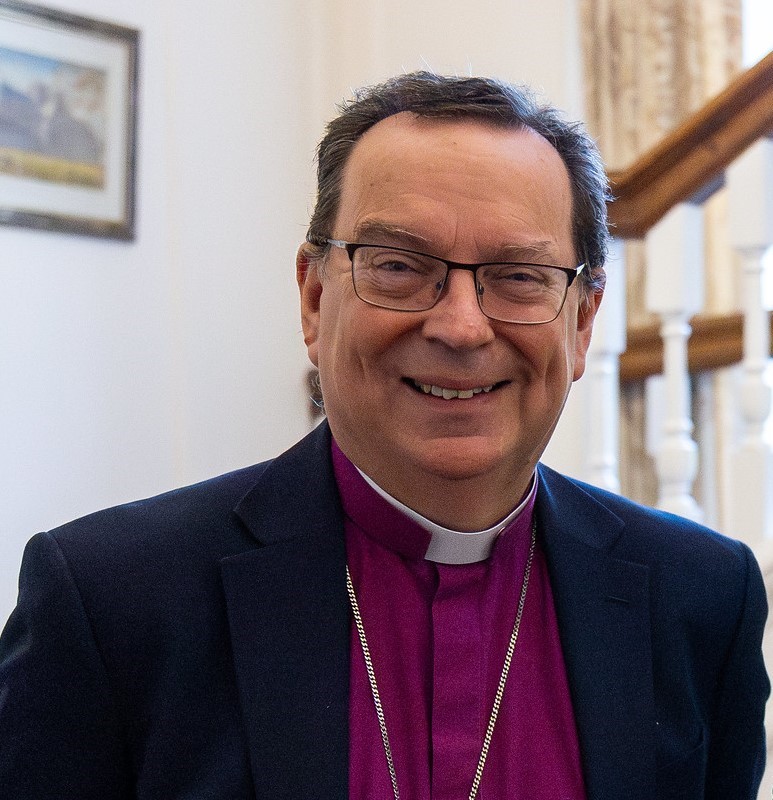
‘In Jesus Christ, God takes place’. Those are words of my good friend, Andrew Rumsey, Bishop of Ramsbury. I find them both profound and provocative – and above all true.
In Jesus, God does indeed take place. As he takes human form he locates and situates himself very particularly in a specific place and at a specific time. And, in ministry, he calls us to follow him in that.
One significant way in which the Church of England has sought to do that is to enable many clergy to live in the specific places to which they have been called, by housing them in that place. We too, as clergy, ‘take place’ that we might follow Jesus in loving, serving, incarnational ministry.
What follows, in this online handbook, is largely concerned with practicalities – and rightly so. ‘Taking place’ has serious, practical implications, for us, as it did for Jesus. But let’s not let the practicalities get in the way of this fundamental principle: that we are placed with a purpose, to join in with the mission of God by following faithfully in the footsteps of Jesus.
Doing so requires commitment on our part, of course, and these pages spell out some of that. But please do we be assured of the Diocese of Winchester’s commitment to you, as part of our commitment to your well-being. Of course, there will be practical issues to address and wrinkles to be ironed out – but I hope above all that your home will be warm, safe and well maintained, for you and for any family you may have, so you don’t have to worry about it, but can get on with the business of taking place, so that you can follow Jesus in bringing God’s blessing to this world to which he calls us, and to which he sends us.
God bless you,
+Philip
The Covenant for Clergy Care and Wellbeing was made an Act of Synod at the February 2020 Group of Sessions of the General Synod. The Covenant is the expressed view of the mind of the Church of England on issues relating to clergy care and wellbeing.
Revd Canon Simon Butler, Head of the Clergy Covenant Working Group, said, “our vision is that the work of supporting clergy in their ministry will become an integral part of the life of the Church and part of the DNA of every aspect of our mission and ministry.”
Wellbeing is holistic: it is about much more than mental health, and includes housing. There are many practical aspects to a housing policy but alongside and overarching these is our deep concern that the house you live in will be your home: be a place of rest, security and all it needs to be for you, and where relevant your loved ones. Ministry is demanding in all kinds of ways; our housing provision and support aims to provide you with both the base you need for your ministry and the sanctuary you need from those demands.
For more resources and information to support clergy and their families in their wellbeing, please visit our wellbeing pages.
In 2020 General Synod made an ambitious commitment: to reach net zero carbon (NZC) across the Church of England (Parishes, Houses, Cathedrals, Offices and Schools) by 2030. This commitment has been echoed by our own Diocesan Synod. It is a commitment to take God’s call to creation care seriously and an opportunity to create more sustainable communities, caring for all creation in our mission and ministry. This target is also an opportunity to invest in warmer, more efficient homes for clergy.
How is Net Zero Defined?
The Church of England has decided to focus on the emissions directly within our control between now and 2030. For housing this means looking at our use of Gas and Oil (mainly for heating) and electricity. For more information about how the church defines net zero, see pages 7-9 of the Church of England’s Routemap to Net Zero Carbon.
How Will Net Zero Be Achieved?
The diocese property and environment team are working together to develop a plan to move our houses to net zero. As part of the quinquennial inspection (QI) process, we are building a picture of the carbon footprint/energy efficiency across our housing portfolio. We’re also gathering individualised plans for interventions towards energy efficiency and net zero. We will be reviewing the first of these plans in early 2025 and developing a more detailed approach, however two principles will guide our work:
- The diocese will take a fabric first approach. We will use the QI cycle to identify areas for improvement and schedule works, for example focusing on insulation and double glazing. We will be working to make houses more efficient before making changes to heating systems.
- Any changes will have the aim of reducing costs for clergy. While we are committed to net zero, we’re also committed to working towards warmer, cheaper houses to occupy. Changes like installing solar panels or new heating systems should aim to reduce the running costs of houses.
